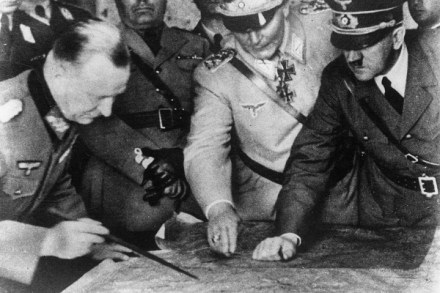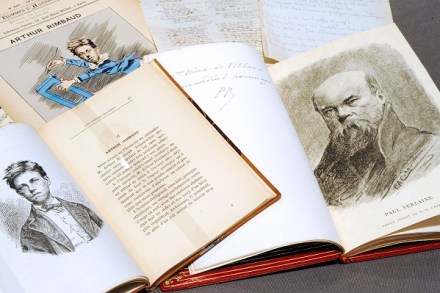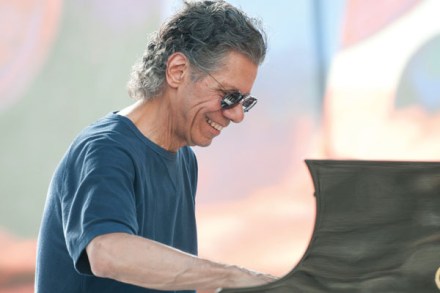Triple time
OperaThe Guildhall School of Music and Drama is outdoing itself in putting on a triple bill of little-known operas, two by Massenet and one by Martinu. What is still more remarkable is that GSMD has put them all on before, though I think in different productions. This time round the designer Yannis Thavoris has produced


















